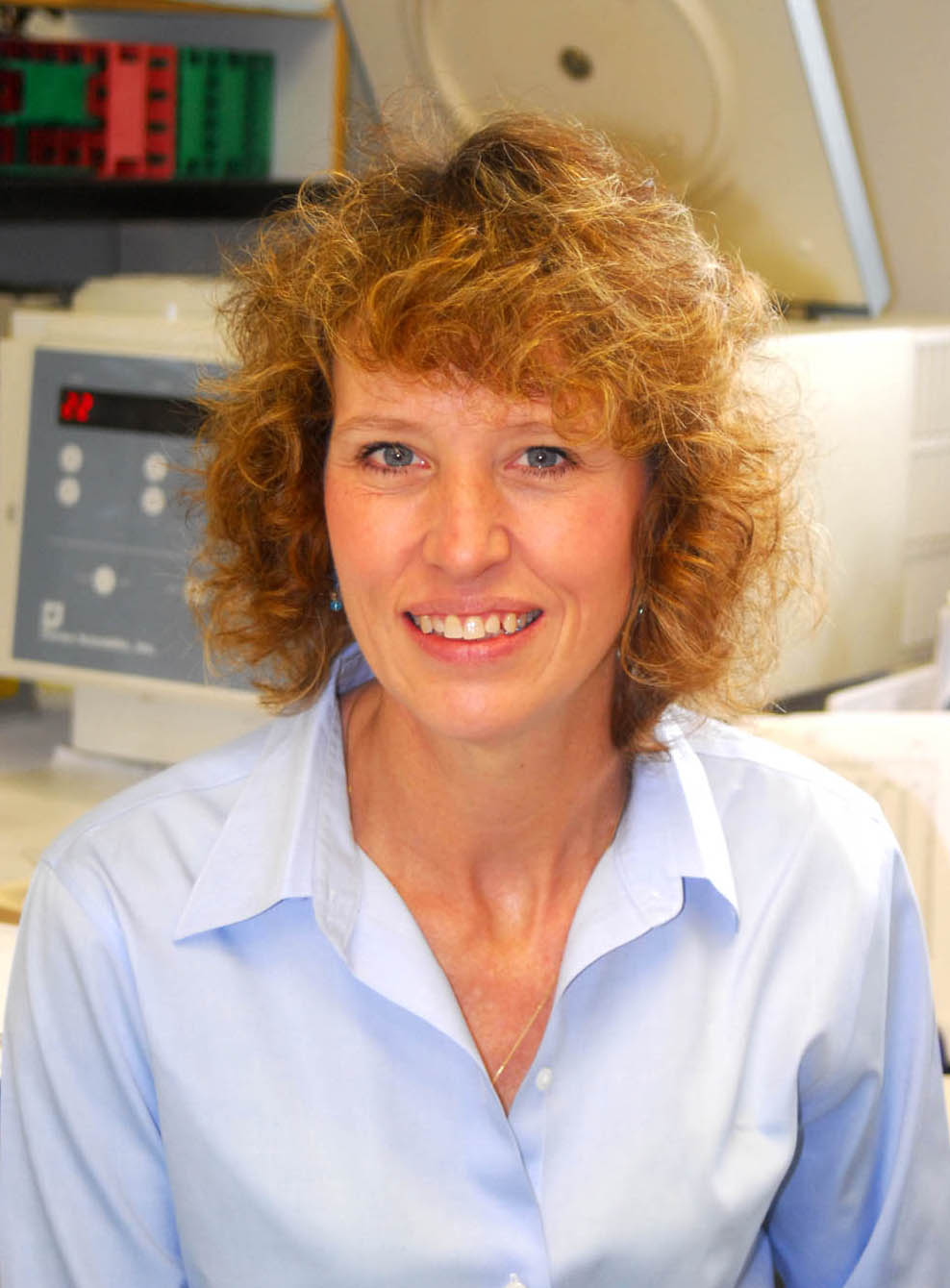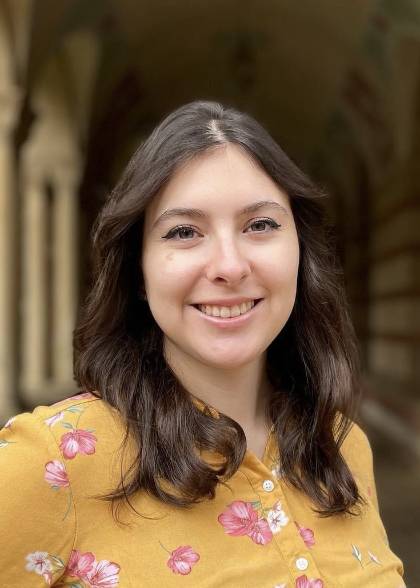Pilot Projects Program
The goal of the Pilot Projects Program is to stimulate growth of expertise and engagement in clinical and translational research.
This program will fund a variety of awards and provide a mechanism for clinician/non-clinician teams to develop promising new translational research projects focused on cancer.
DaCCoTA Pathfinder
By enrolling in the DaCCoTA Pathfinder, you can search and view the research profiles of other scientists and clinicians in the DaCCoTA Network to find collaborators.
Enroll in the DaCCoTA Pathfinder network to find collaborators
The Pilot Projects Program welcomes applications for the following funding mechanisms for Fall 2022:
Introduction to Research Pilot Award
The Introduction to Research Award is intended to allow non-faculty clinicians or early-stage investigators (ESIs; residents/postdoctoral scholars) to engage in research. Applications should address: 1) Behavioral health (including substance use disorder, mental health, suicidality, and overall wellness; 2) Food insecurity, nutrition, and food deserts; 3) Chronic disease (diabetes, cancer, hypertension, obesity and pain); 4) Culturally appropriate and trauma-informed healthcare and research; and 5.) Unresolved trauma (health impacts of trauma, toxic stress, adverse childhood experiences, disproportionate foster care experiences). This award aims to recruit a: 1) clinician from the American Indian Collaborative Rural Research Network (AICoRN) or rural and tribal communities; or 2) ESIs who have interest but no experience managing a research project or preparing a grant. Clinician applicants will be recruited as adjunct faculty into one of the partner institutions and partnered with the Cores to assist with delivering the intended outcomes of refining a hypothesis, designing a CTR study, and step-by-step introduction to grant components that would be required for a subsequent Feasibility application. Similarly, ESIs awardees will be assigned a mentor to assist in developing an individualized training plan (ITP). Successful completion of these proposals should result in a more research savvy clinician and a submitted Feasibility proposal or ESIs that are more interested and prepared to engage in translational research.
Feasibility Pilot Award
The Feasibility Award is intended to provide support to allow a clinician/non-clinician team to form around a novel hypothesis. Applications can consider: 1) Behavioral health (including substance use disorder, mental health, suicidality, and overall wellness; 2) Food insecurity, nutrition, and food deserts; 3) Chronic disease (diabetes, cancer, hypertension, obesity and pain); 4) Culturally appropriate and trauma-informed healthcare and research; and 5.) Unresolved trauma (health impacts of trauma, toxic stress, adverse childhood experiences, disproportionate foster care experiences). Applications should focus on T2-T4 translational research, although T1 studies will be considered if there is a clear plan to progress to T2-T4. The primary goal is to allow a team to form and connect with the CTR Biostatistics, Epidemiology, and Research Design Core; Clinical Research Resources and Facilities Core; Community Engagement and Outreach Core; and Pilot Projects Program to generate competitive proposals for the CTR Ready-to-Go Pilot Award mechanism.
Ready-to-Go Pilot Award
The Ready-to-Go Award is intended for those projects with existing significant preliminary data in support of a novel hypothesis. Applications can consider: 1) Behavioral health (including substance use disorder, mental health, suicidality, and overall wellness; 2) Food insecurity, nutrition, and food deserts; 3) Chronic disease (diabetes, cancer, hypertension, obesity and pain); 4) Culturally appropriate and trauma-informed healthcare and research; and 5.) Unresolved trauma (health impacts of trauma, toxic stress, adverse childhood experiences, disproportionate foster care experiences). Applications should focus on T2-T4 translational research, although T1 studies will be considered if there is a clear plan to progress to T2-T4. Successful completion of these proposals should lead to a collaborative extramural grant submission and peer- reviewed manuscript submission.
TREE Pilot Award
The Translating Epidemiology to Experiments (TREE) Pilot Grant Award is intended to provide seed funding for a public health/laboratory scientist team towards highly innovative projects that seek to translate promising epidemiological findings at the population level to relevant in vitro and/or in vivo experiments and/or the reverse, from in vitro and in vivo observations to a population setting. Applications are envisioned to focus on T0-T1 translational research, whereas T2-T4 studies are a better fit for other Pilot Project funding mechanisms.
- Letters of intent for all programs are due October 21st, 2022
- Full applications will be invited from selected applicants and will be due January 20th, 2023
- The anticipated award period is September 2023 - August 2024
Core Faculty

- Dr. Brown-Borg is a Chester Fritz Distinguished Professor in the Department of Biomedical Sciences at the UND School of Medicine & Health Sciences. She will be responsible for operational oversight and will work closely with Dr. Venkatachalem. She has leadership experience organizing and chairing conferences, NIH study sections as well as serving as President of the American Aging Association (AGE) and Chair of Biological Sciences of the Gerontological Society of America (GSA). She currently serves on the Boards of FASEB, GSA, AGE and the NIH NIA Board of Scientific Counselors. Mentoring investigators has been a focus with activities ranging from shaping grant review processes to garnering support for awards and programs. She has served on >40 graduate student committees, trained medical and undergraduate students (>30; inc. McNair), and mentored junior faculty. She has served on national panels supporting education/ training including NIH R24 and R25 Geroscience Education Networks. She is an inaugural member of the FASEB Diversity, Equity & Inclusion committee.

- Dr. Venkatachalem is an Associate Professor who directs a cellular physiology and biochemistry laboratory in the Department of Pharmaceutical Sciences of the School of Pharmacy at North Dakota State University (NDSU). The primary focus of Dr. Venkatachalem’s research is sex/gender differences in lung disease. He also studies cancer nanomedicine therapy by examining sex steroids and the signaling of their specific receptors in the breast cancer. Dr. Venkatachalem received his PhD in biochemistry from the University of Madras and completed his initial postdoctoral training in physiology at the University of Western Ontario, Canada. He received further training and worked in pre-clinical research settings at the Mayo Clinic in Rochester, MN for 10 years. Currently, he is establishing pre-clinical and translational research collaborations between NDSU and clinicians at Veterans Affairs and the Sanford Hospitals in Fargo. Dr. Venkatachalem’s laboratory is supported by multiple research grants including an NIH R01, NIH Sex/Gender Research supplement, and ND EPSCoR as well as funding from the Flight Attendant Medical Research Institute.

-
Savannah Macias-Daugherty received her B.S. in Microbiology, Immunology, and Molecular Genetics from the University of California, Los Angeles. There, she conducted research on Drosophila hematopoiesis and gained experience in research funding at the UCLA Clinical and Translational Science Institute Grants Submission Unit. She hopes to continue her education in immunology research or forensic science.
Contact DaCCoTA if you have any questions about the Pilot Projects Program.